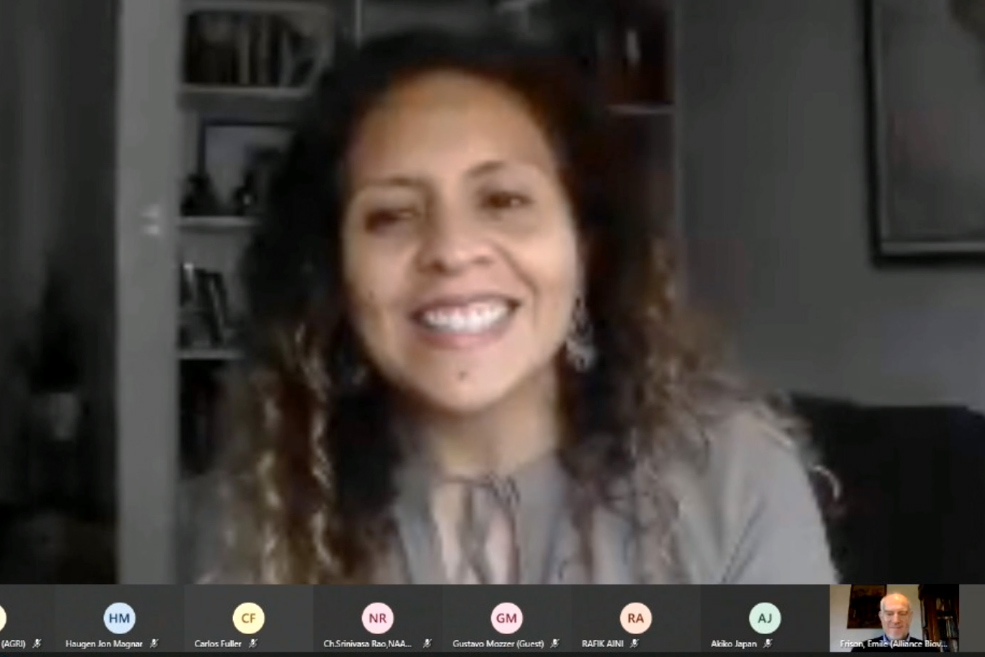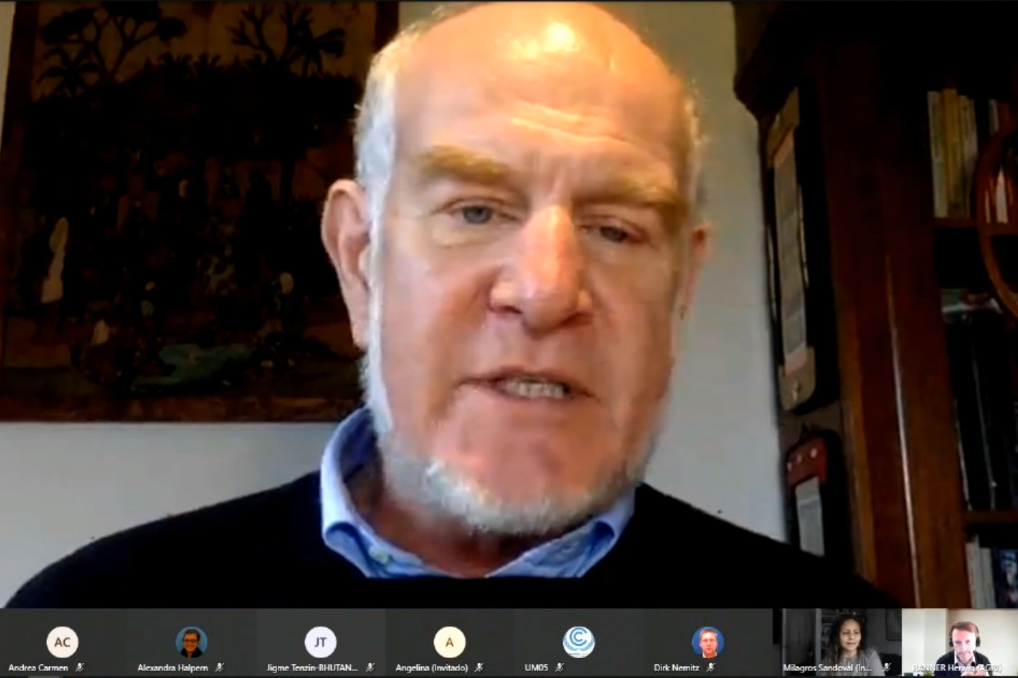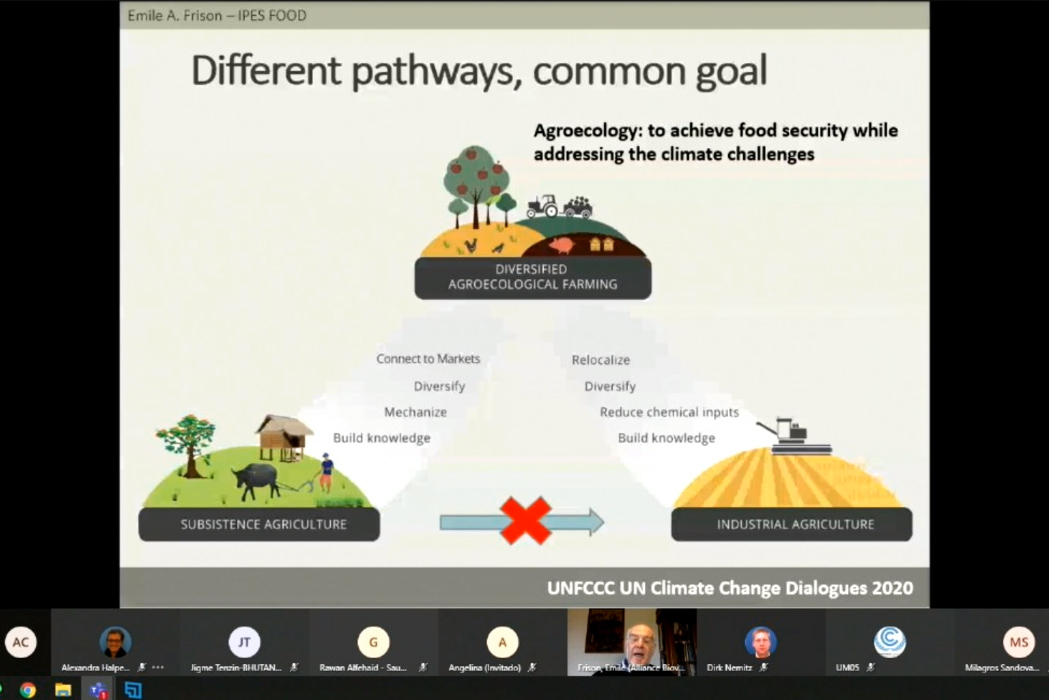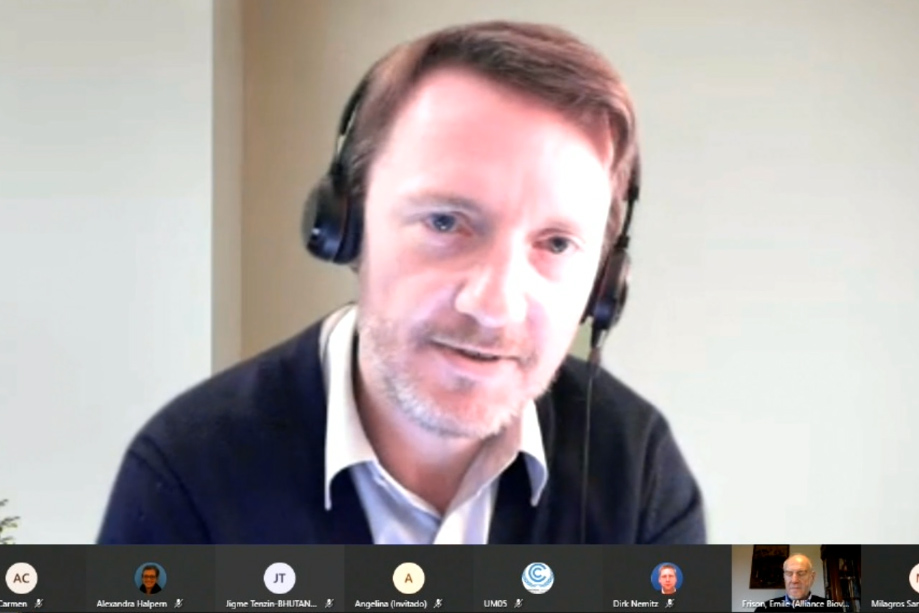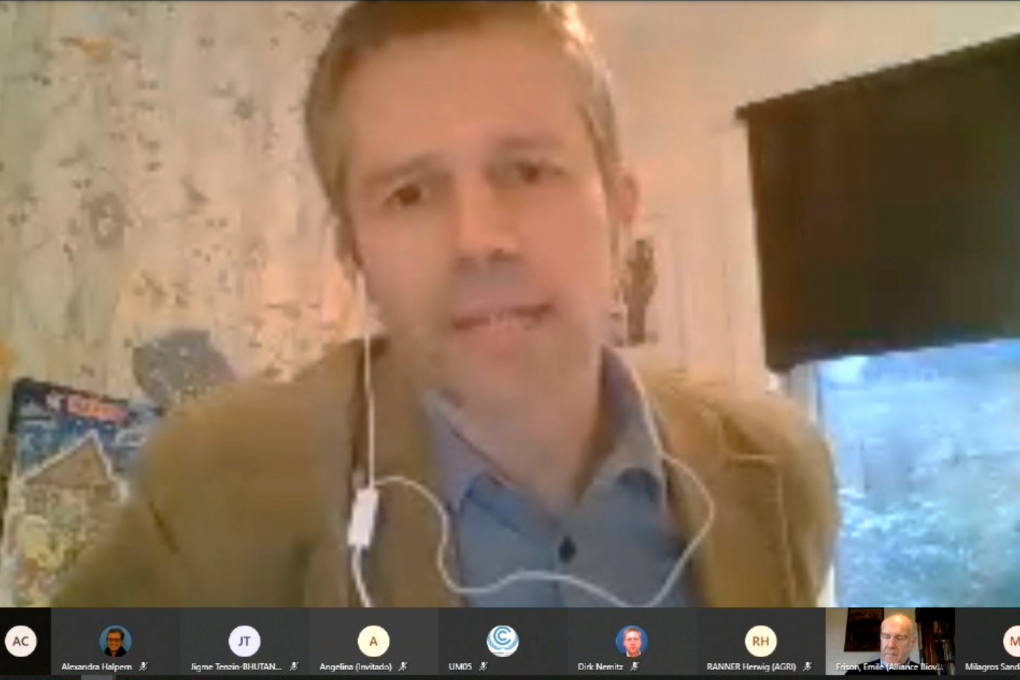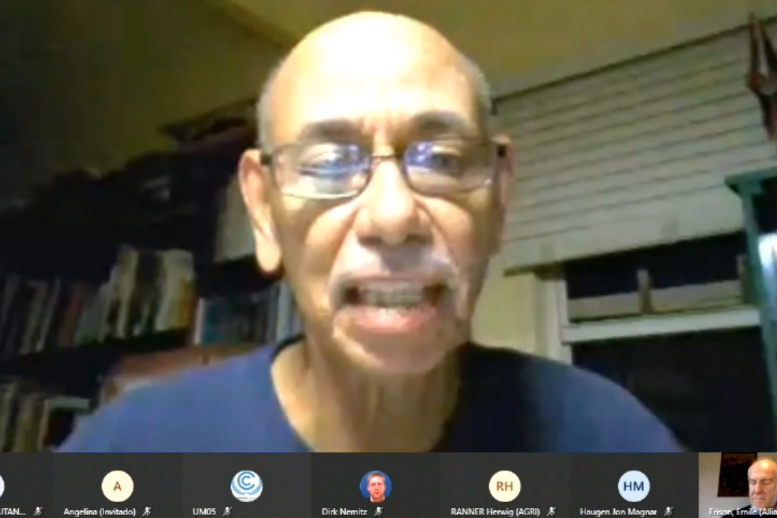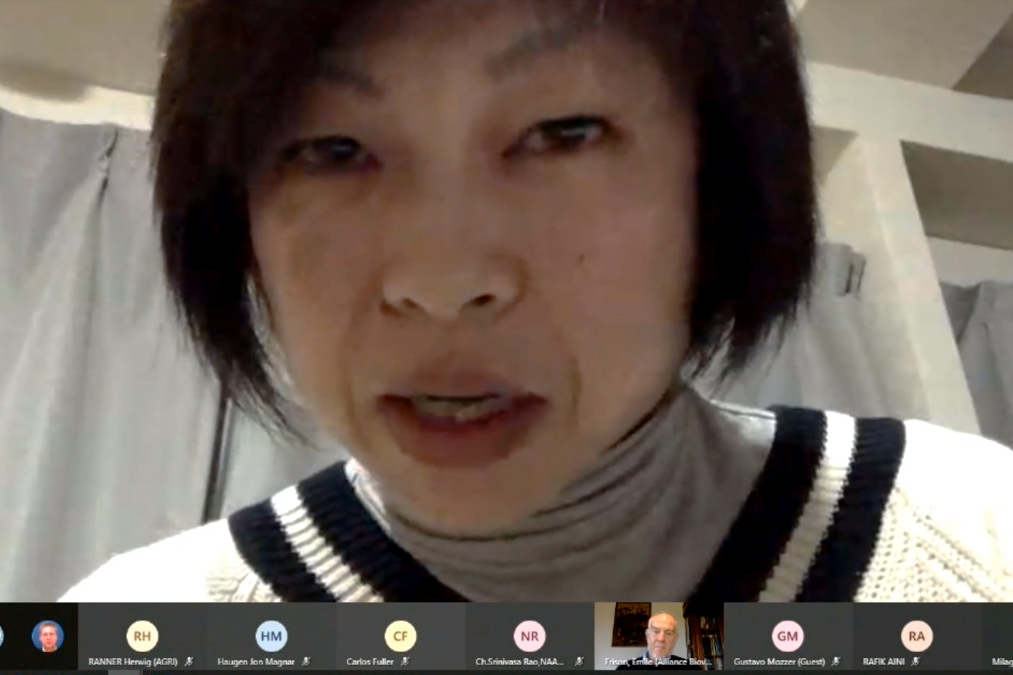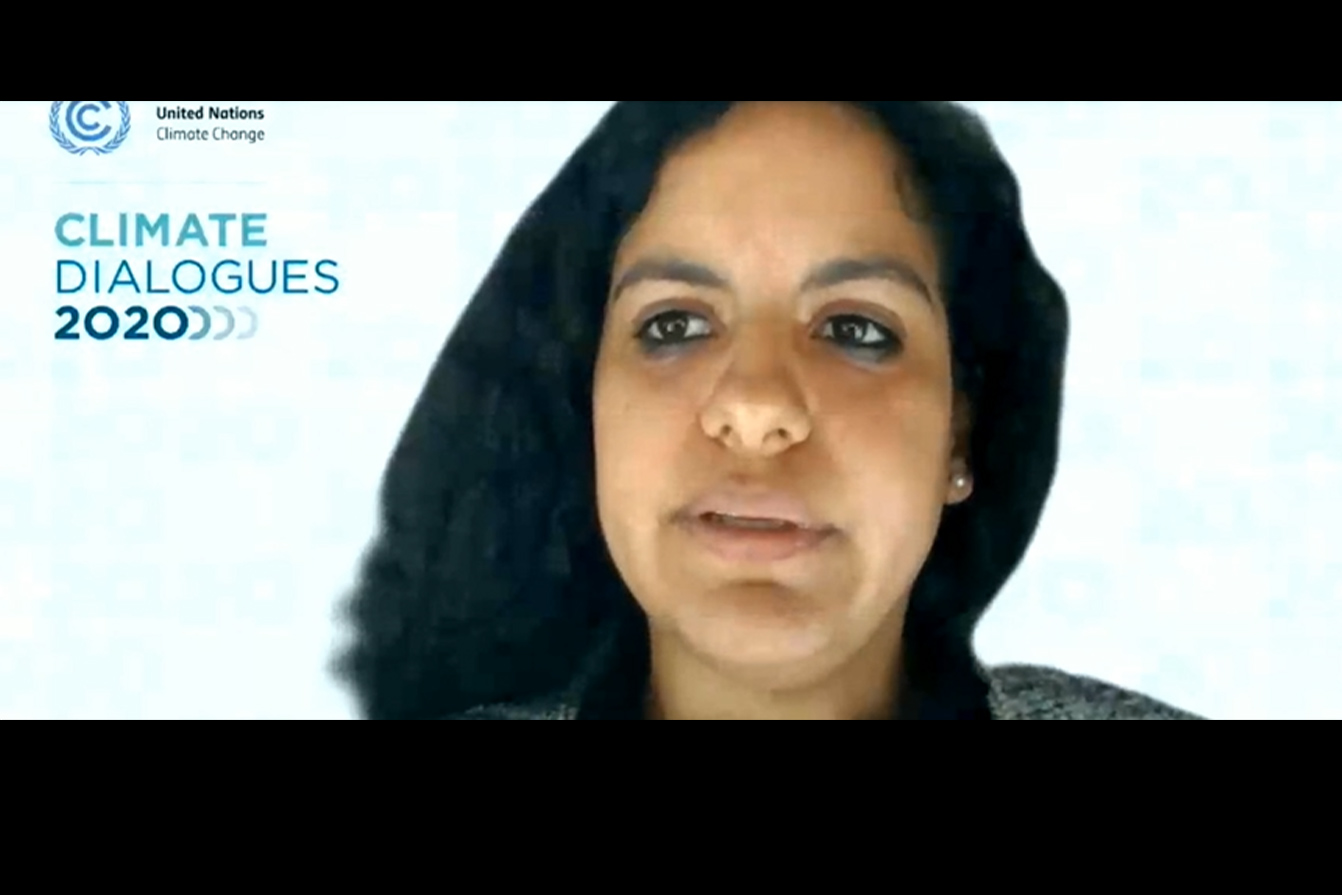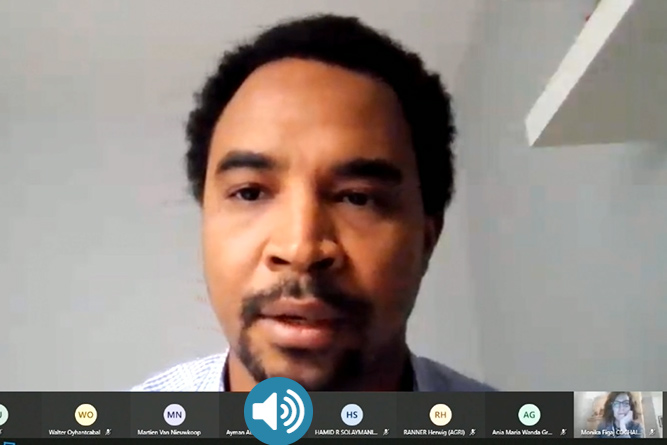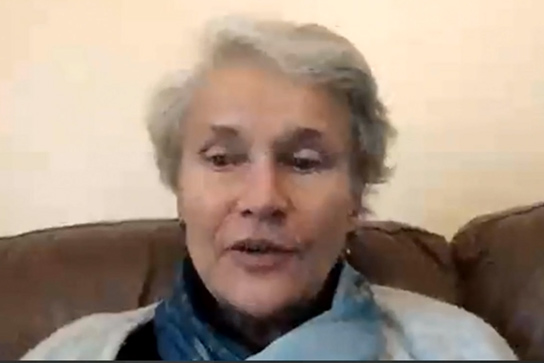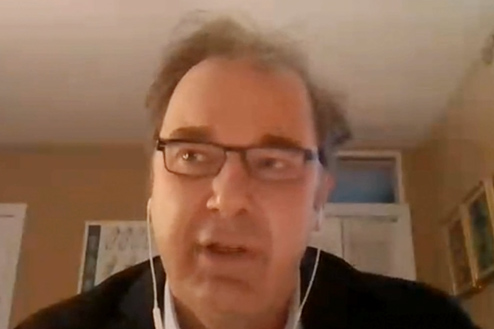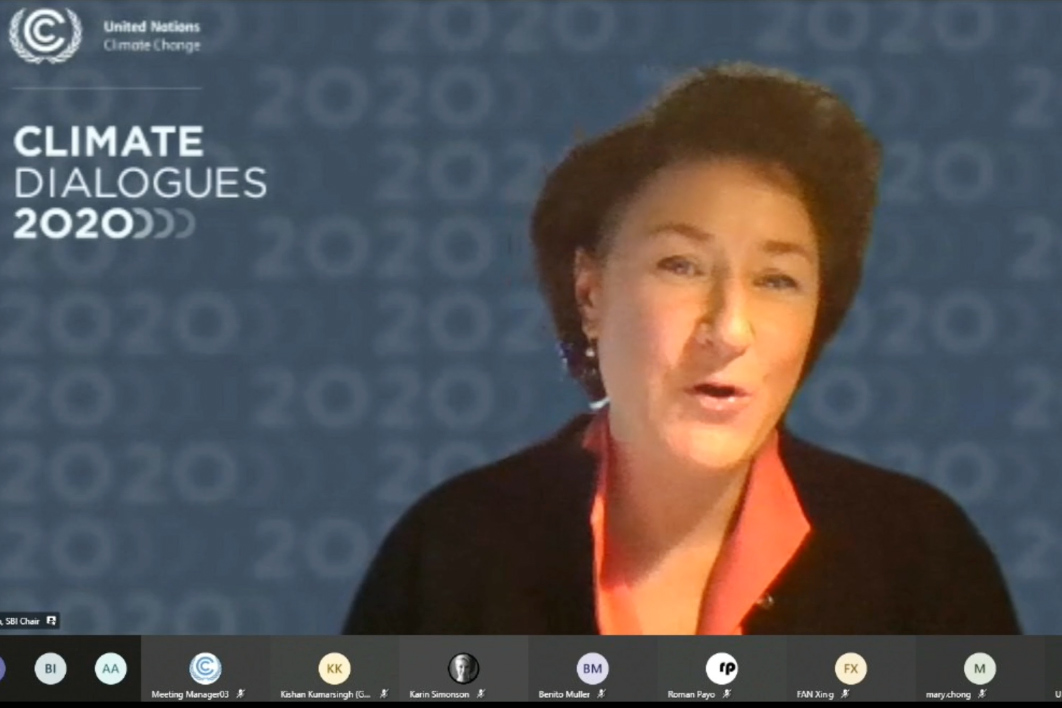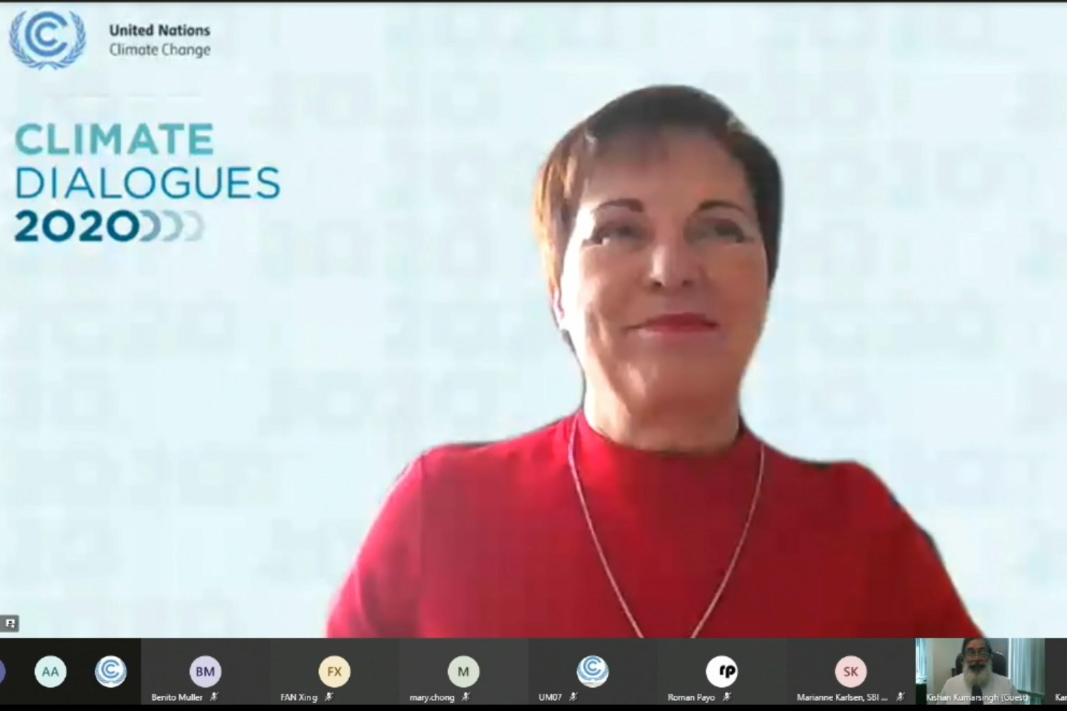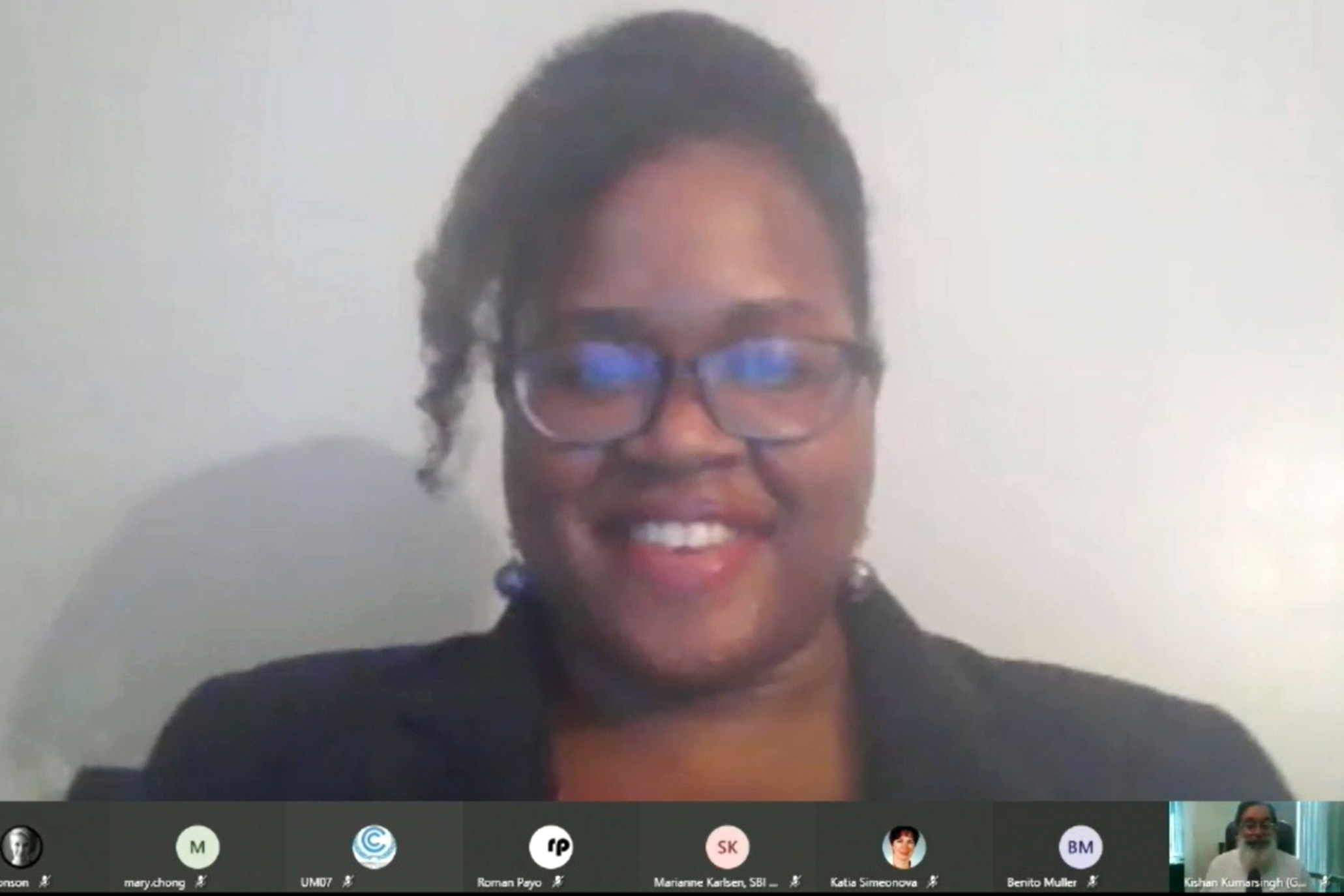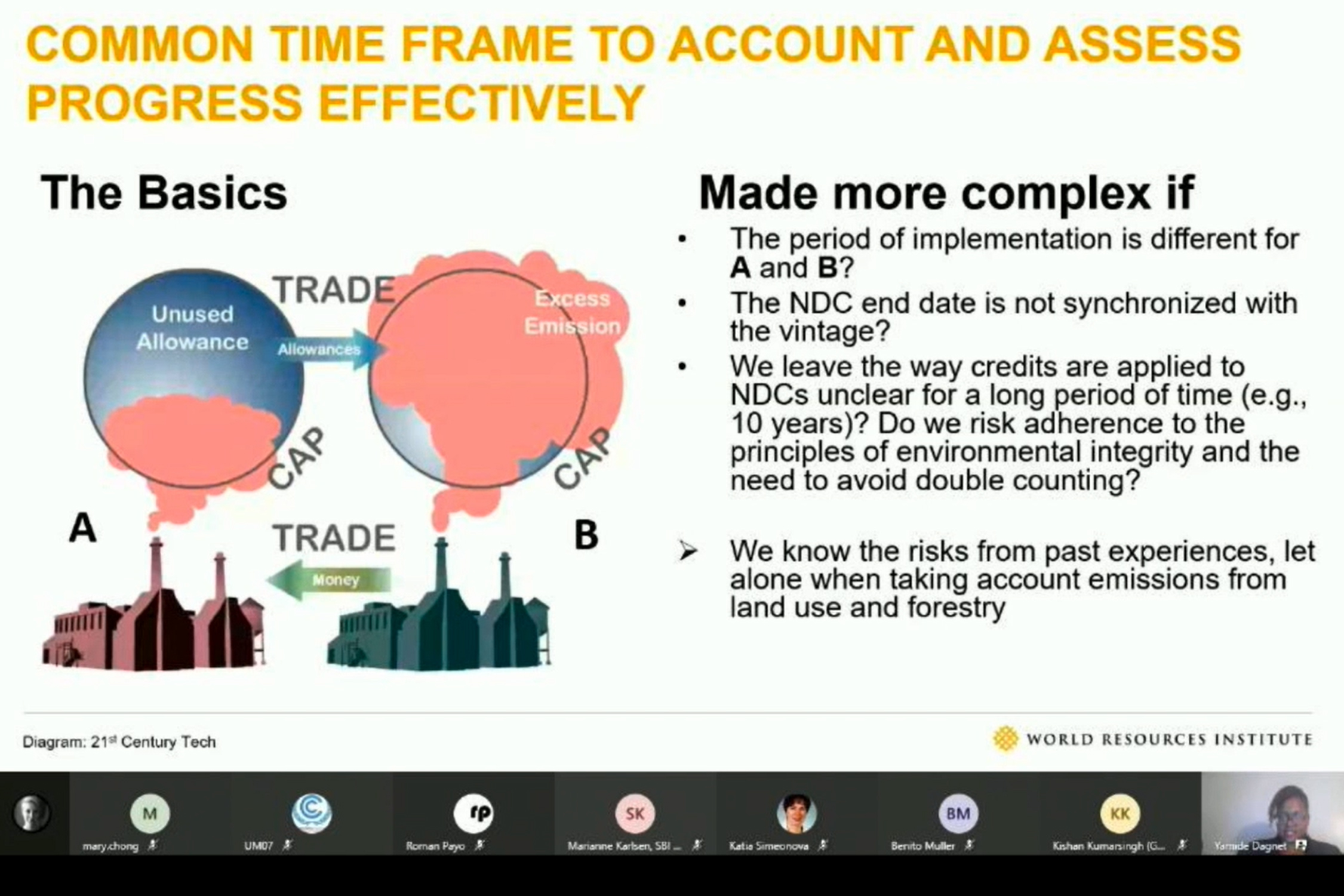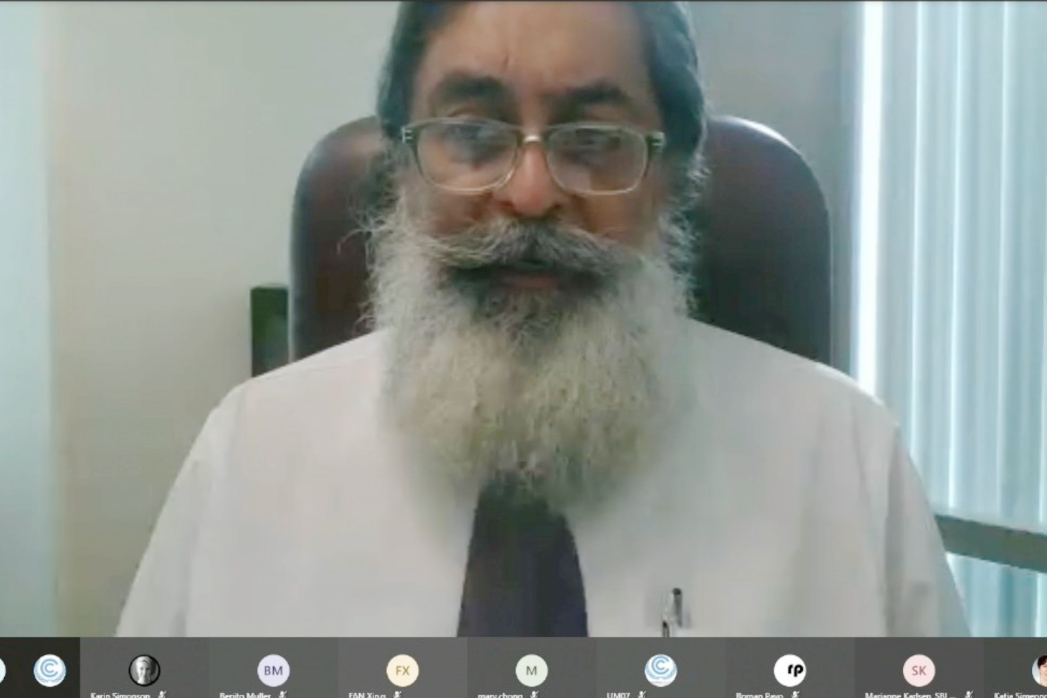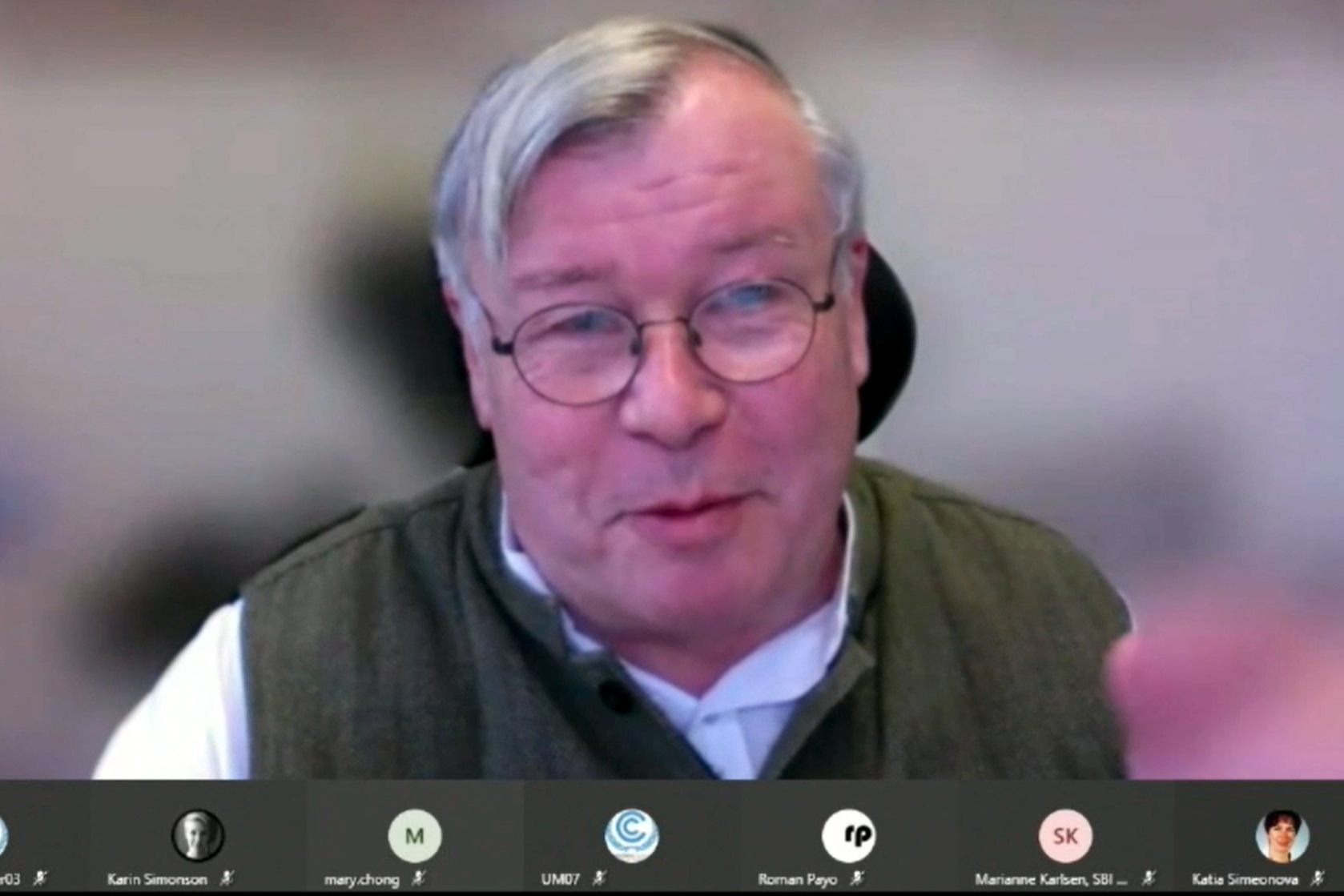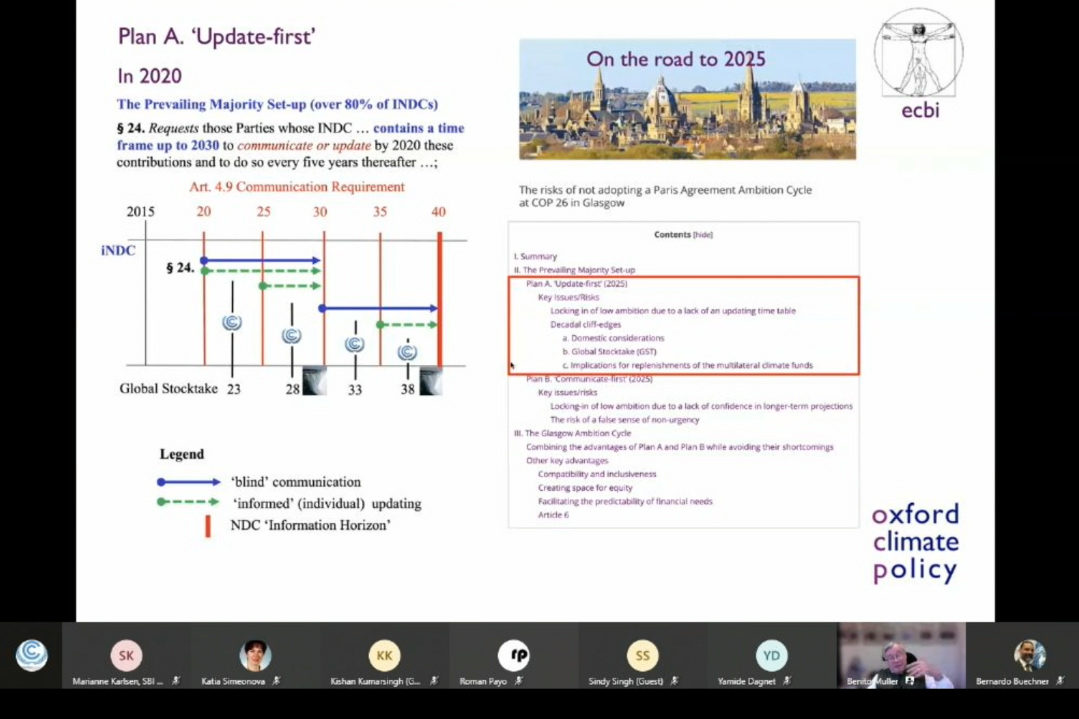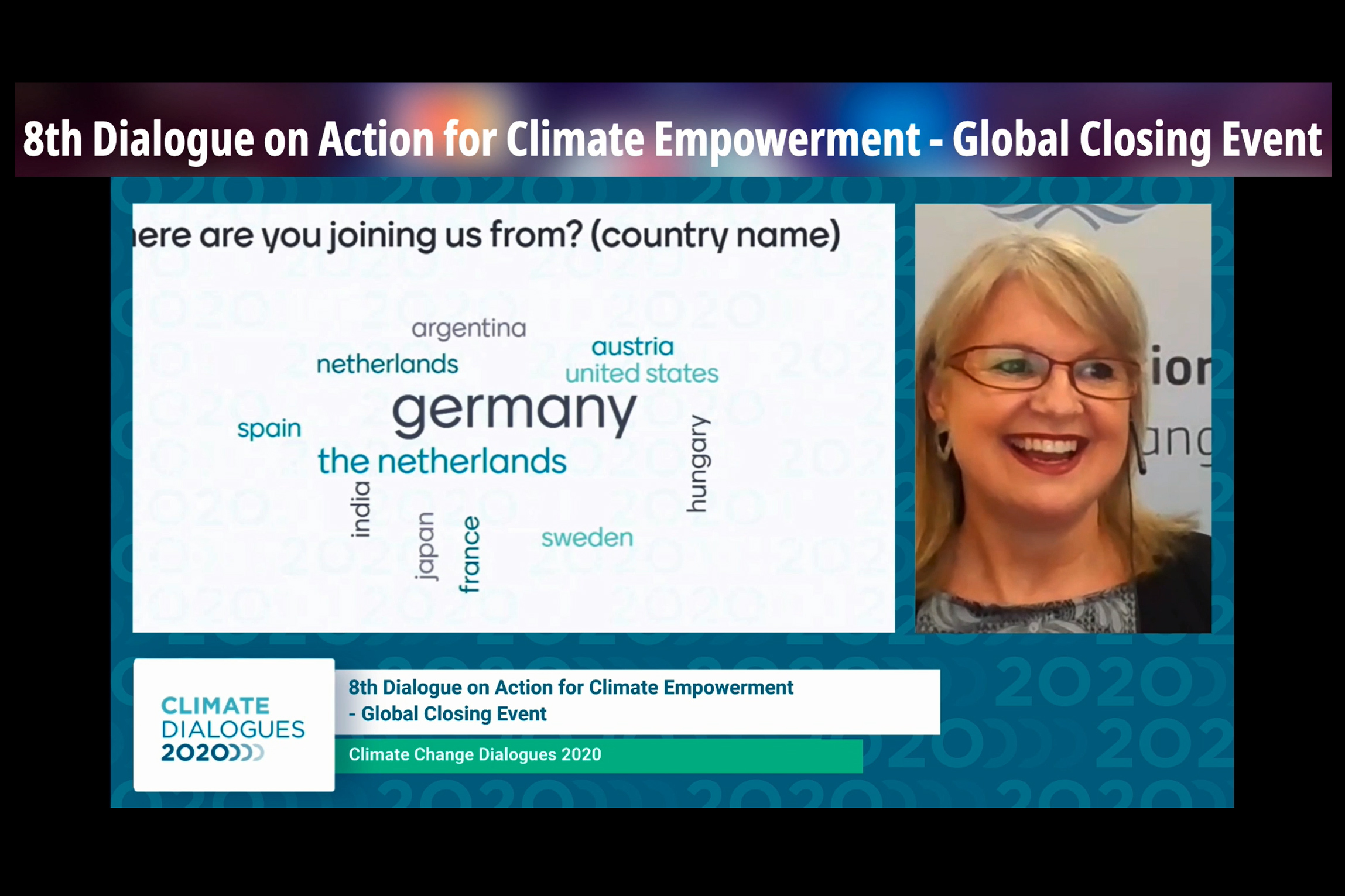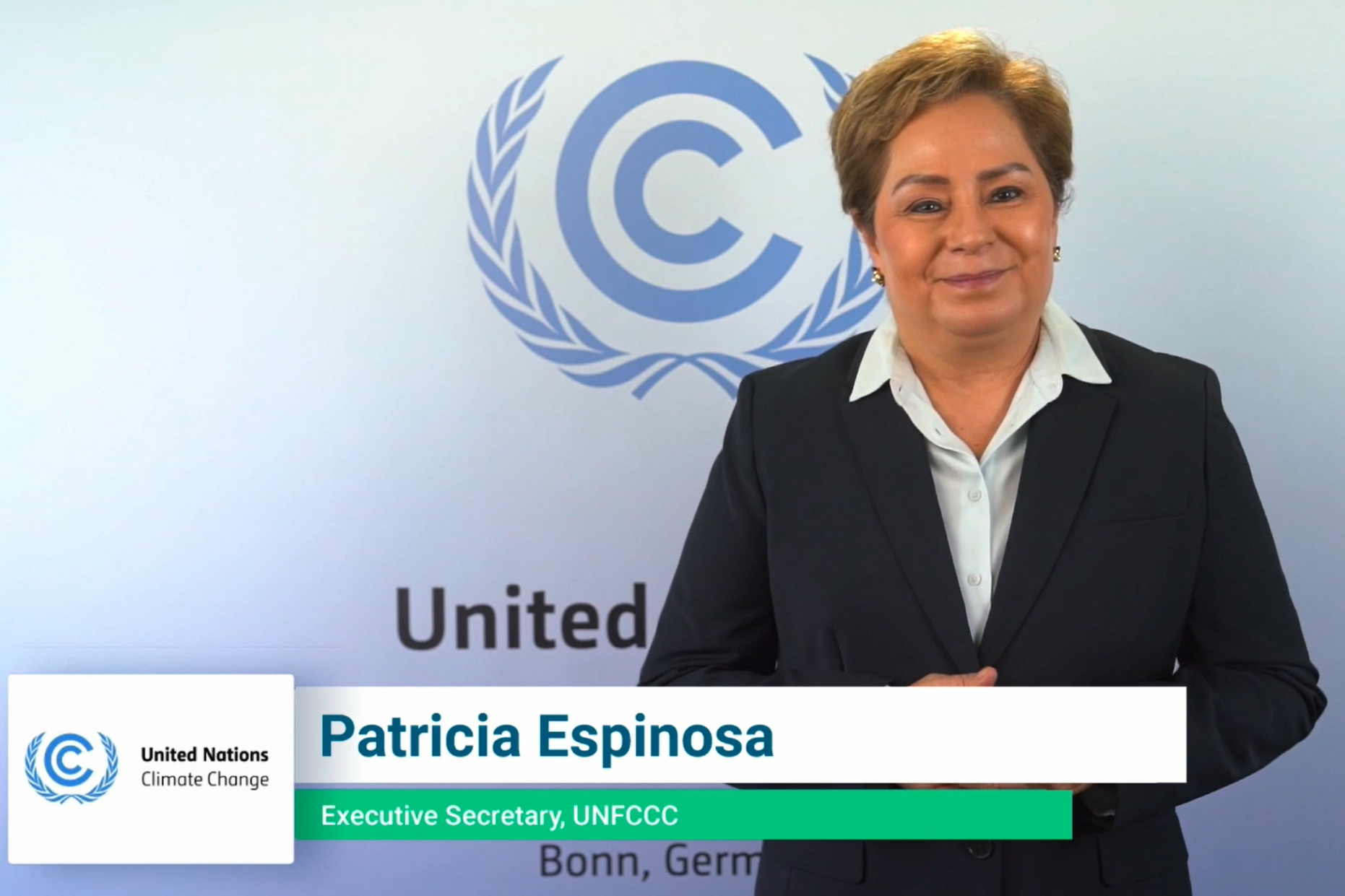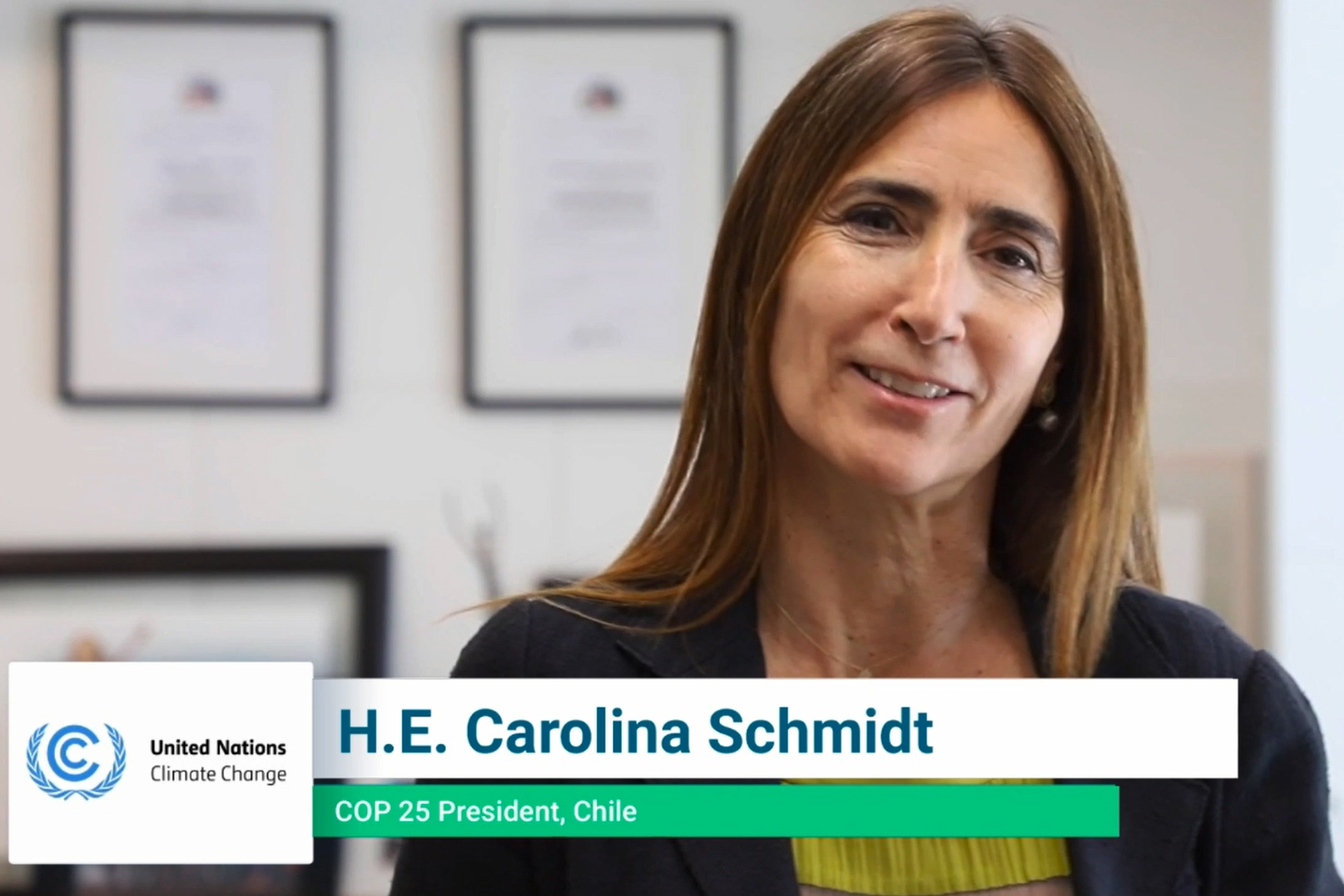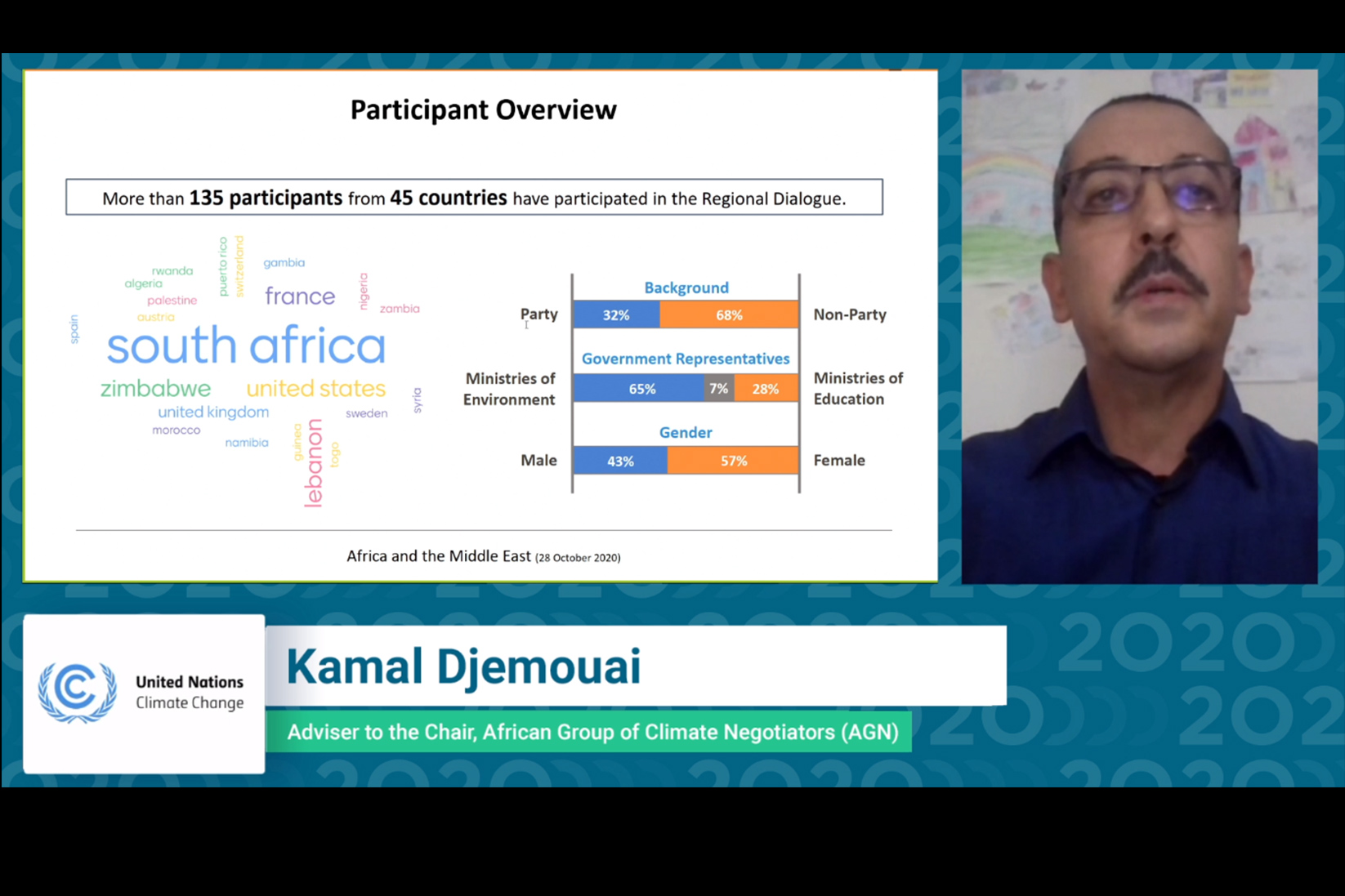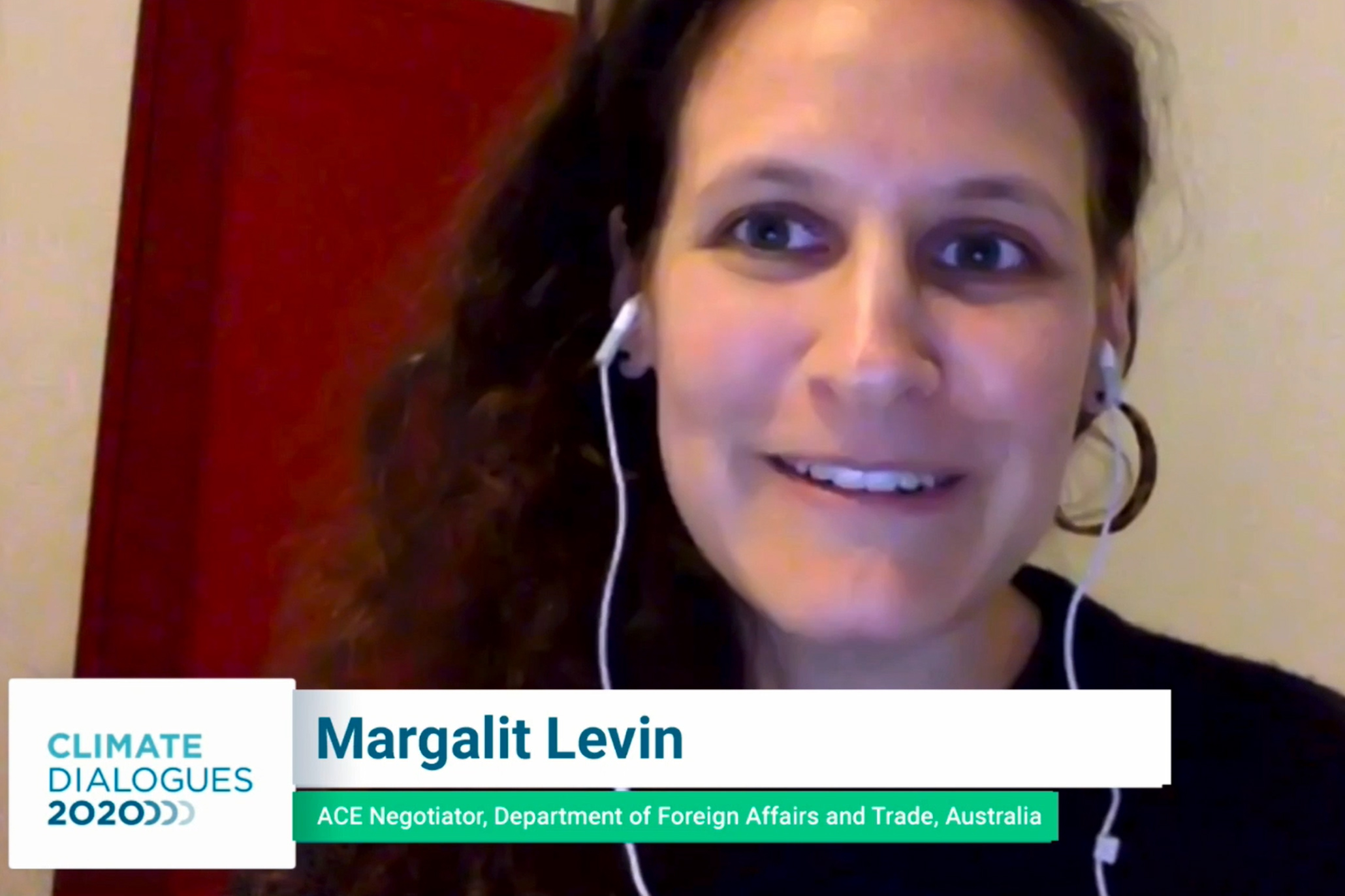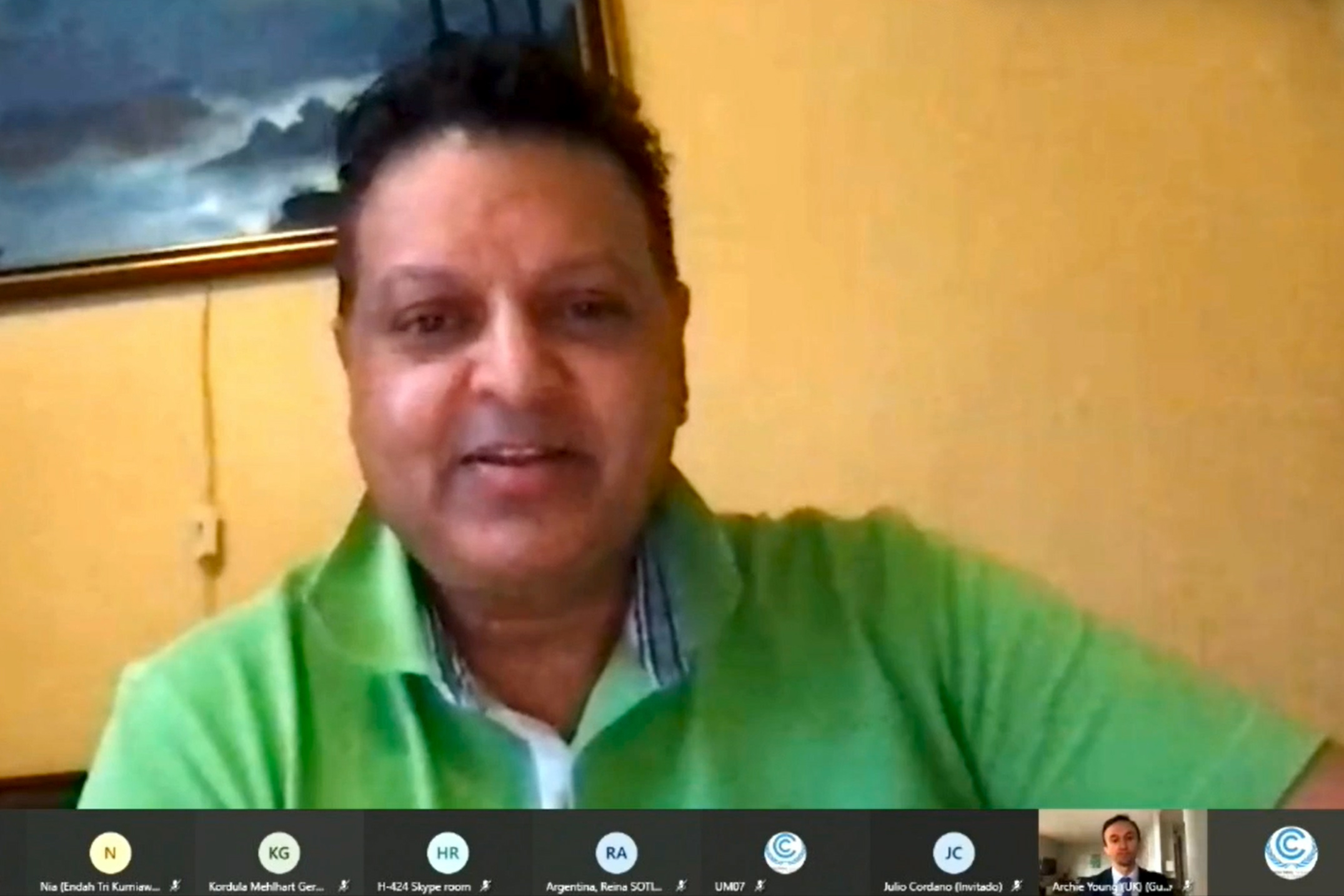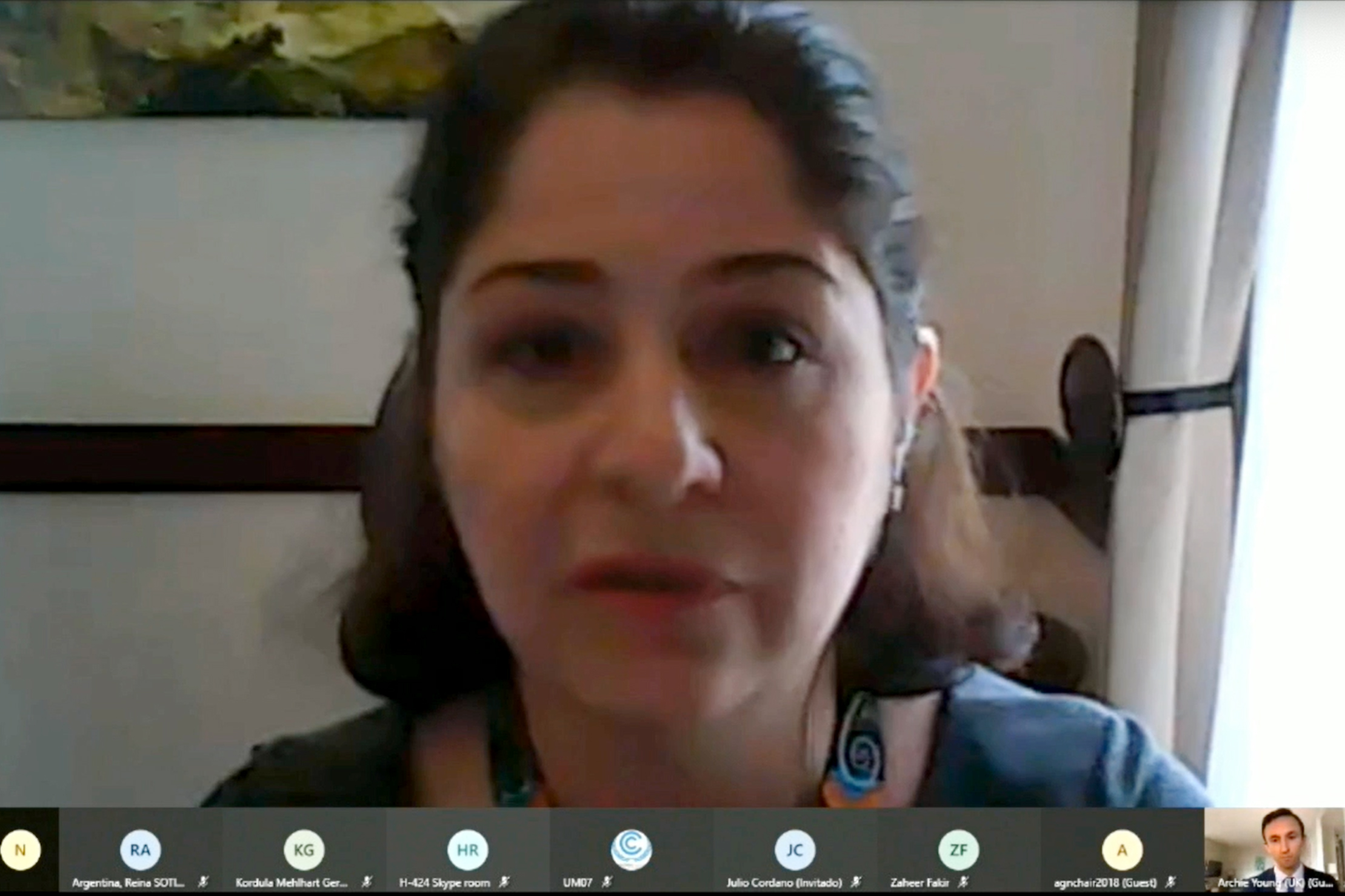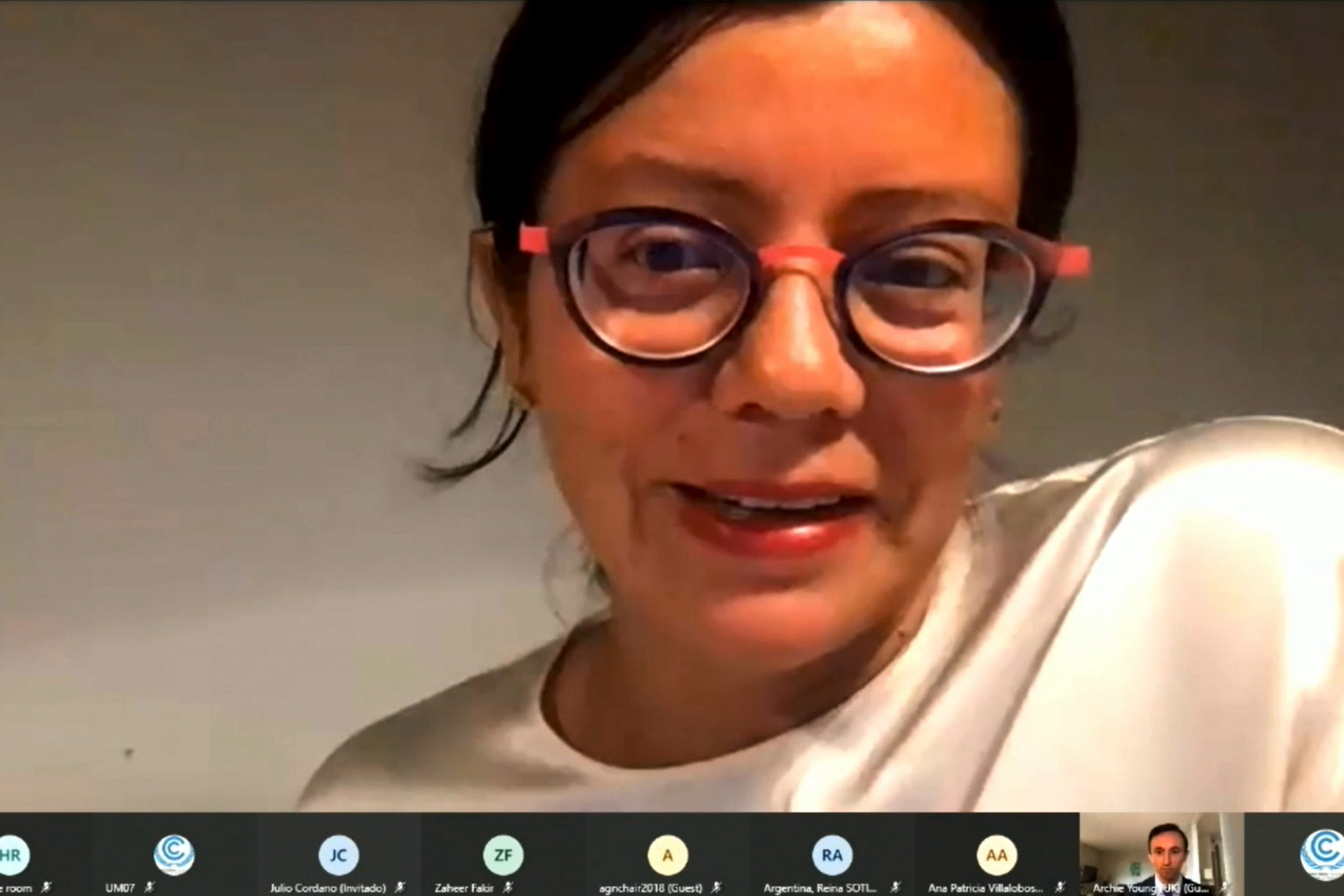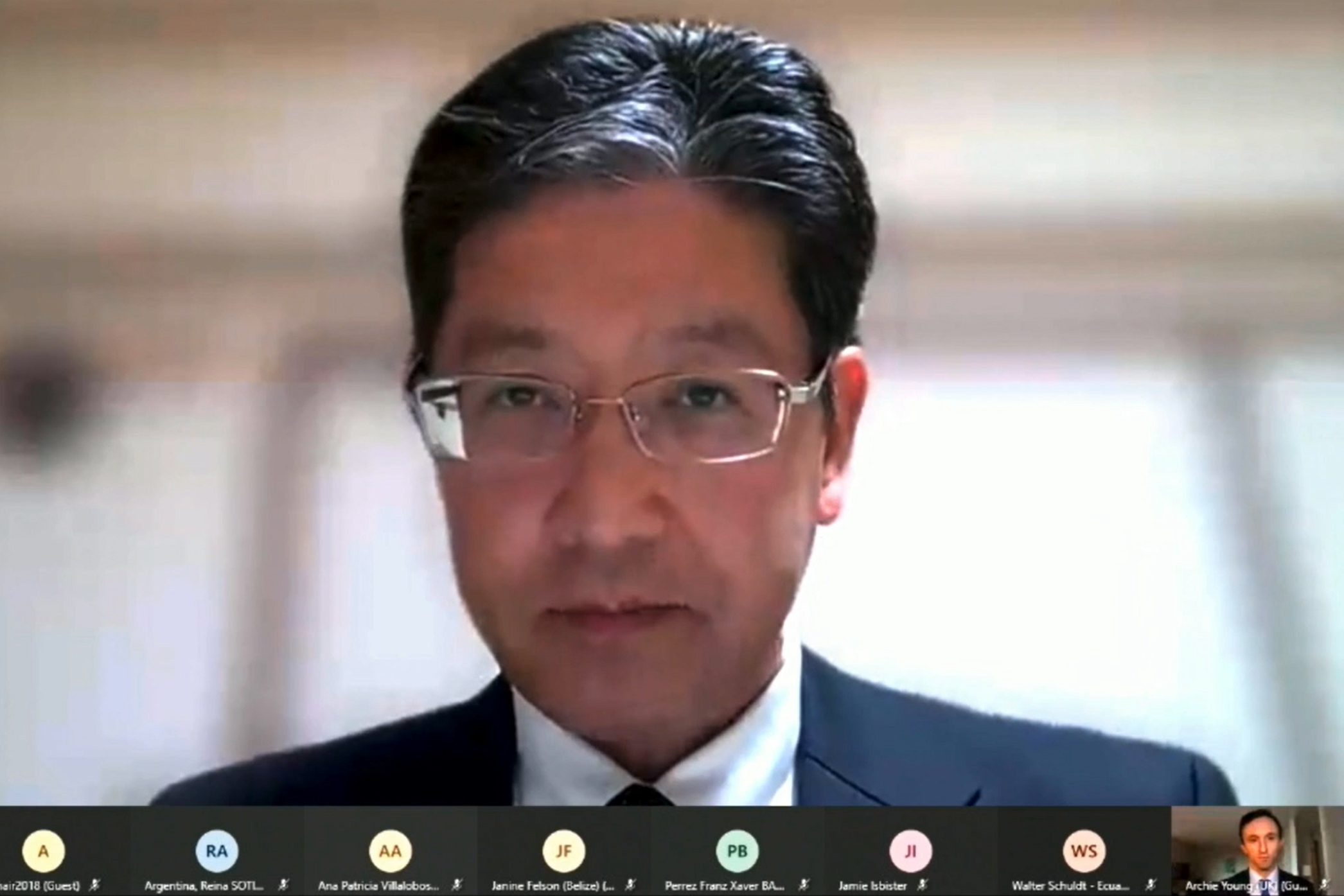UN Climate Change Dialogues 2020
23 November - 4 December 2020 | Online
Highlights for Wednesday, 2 December 2020
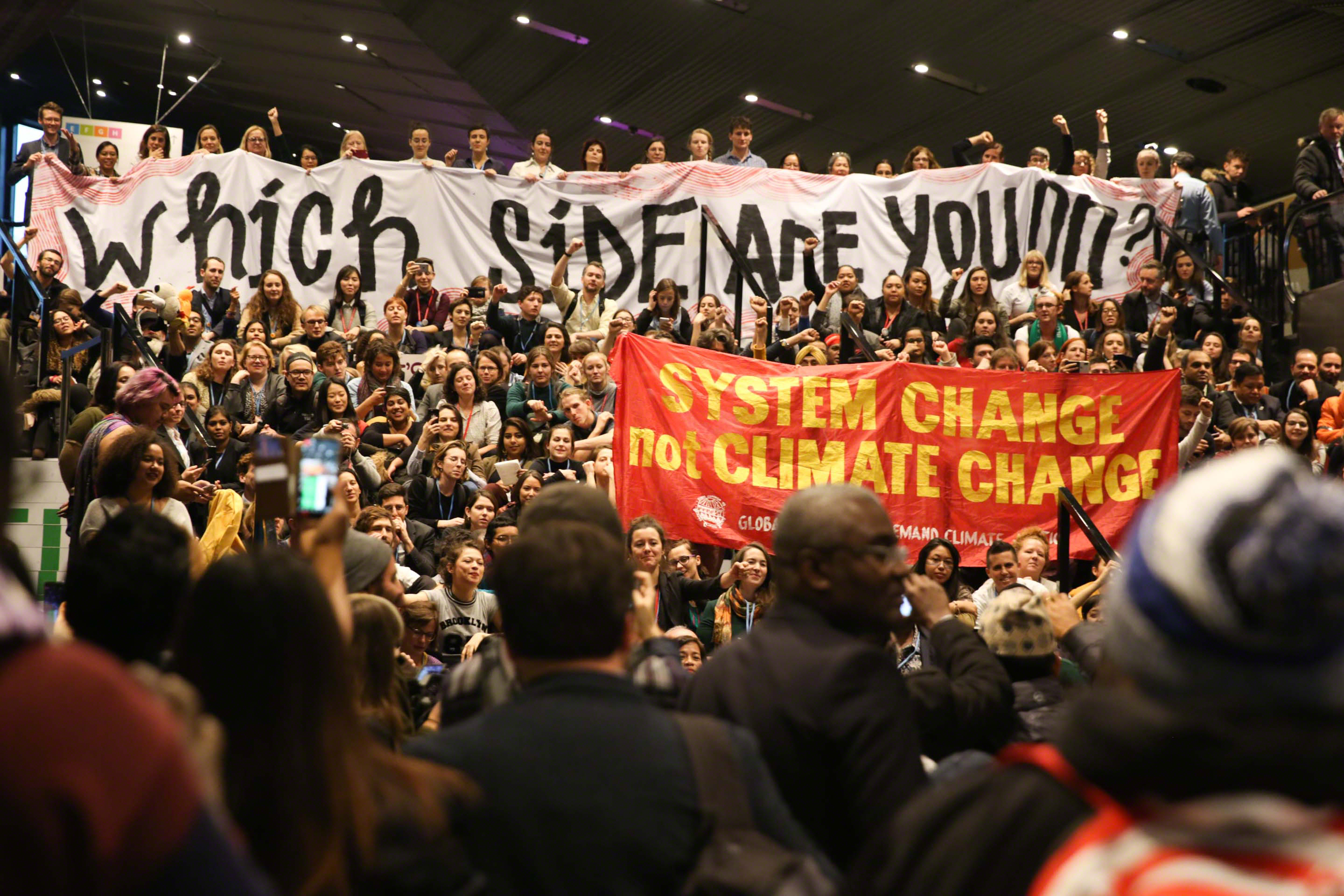
On Wednesday, the Climate Dialogues considered agriculture, common time frames, climate change education, and finance, among others.
Koronivia Joint Work on Agriculture - Workshop on Socioeconomic and food security dimensions of climate change in the agricultural sector
In keynote remarks, Emile Frison, International Panel of Experts on Sustainable Food Systems (IPES-Food), stressed that transformational change is needed towards diversified agroecological systems, which he said are just as productive as conventional agricultural systems and usually generate more income, while also capturing carbon in the soil, improving biodiversity, and restoring degraded land. He said barriers to uptake of agroecological systems include the concentration of power in a small number of agrifood companies. On how to support the transition, he called for true cost accounting, facilitating young farmers’ access to land to start diversified agroecological farms, and supporting short value chains.
Highlights from the ensuing discussion included:
- The appropriateness of agroecological systems at all scales, not just small farms;
- The technology applied in agroecological farming will depend on the geographic location, climate, and level of mechanization, among other factors;
- Incremental steps, such as precision agriculture and replacing crops with drought-resistant varieties, are not sufficient;
- The soil microbiome is important for increasing carbon in the soil;
- Increasing communication on the needed food system transformation, going beyond addressing farmers; and
- The need to increase investment in research on agroecological practices, which is currently “ridiculously small.”
Participants then heard presentations from constituted bodies and financing entities.
The Adaptation Committee highlighted work on, among others: economic diversification, including in relation to the Nairobi work programme’s 2021-2022 focus on agriculture and food security; and engaging the private sector in adaptation action focused on small- and micro-sized enterprises in the agriculture sector.
The Green Climate Fund (GCF) highlighted three investment pathways for GCF action in the sector: promoting resilient agriculture; facilitating climate-informed advisory and risk management services; and reconfiguring food systems. Examples included: promoting agroforestry; financial literacy training; low-cost communication tools; and better food storage and transportation.
The Global Environment Facility highlighted a shift from a focus on production towards addressing value chains, noting this includes improving rural roads for better market access.
The World Bank highlighted, among others: incentivizing sustainable practices, including through payment for ecosystem services; and crowding-in private investment and de-risking green investment for small- and medium-sized enterprises.
Technical dialogue on common time frames for nationally determined contributions referred to in Article 4, paragraph 10, of the Paris Agreement
This session aimed to deepen parties' understanding of the technical aspects of the negotiating item. Emphasizing the technical nature of the discussion, facilitator Kishan Kumarsingh discouraged parties from repeating previously stated positions.
Yamide Dagnet, World Resources Institute (WRI), stressed that the outcome on common time frames can either assist or undermine the effective implementation of the Paris Agreement. If parties have different time frames, she said, the global stocktake (GST) cannot equitably reflect progress on action and support, and emissions trading would be more complex.
Benito Müller, Oxford Climate Policy, proposed, as a potential compromise solution, a rolling cycle whereby by 2025, parties should communicate a 2035 Nationally Determined Contribution (NDC), as well as updating their 2030 NDC; and that by 2030, parties should update their 2035 NDC and communicate a 2040 NDC. He argued this solution can retain all advantages of the options on the table, while avoiding their risks.
In the ensuing discussion, many parties repeated their positions on the issue of common time frames. Some, such as Switzerland for the Environmental Integrity Group (EIG), and Bangladesh for the Least Developed Countries, said 5-year common time frames would allow for parties to better adapt to new developments, align with the GST process, and avoid locking in low ambition. China, for the Like Minded-Group of Developing Countries (LMDCs), and Saudi Arabia, for the Arab Group, supported giving parties the option to submit a 5 year or a 10 year NDC, stressing the need to respect different national circumstances. The EIG and the African Group noted the option of a 5+5 year solution whereby parties could submit a 5-year firm NDC as well as an indicative 10-year NDC.
Belize, for Alliance of Small Island States (AOSIS), called for parties to meet in the middle and find a mutually agreeable solution, expressing willingness to "look at" the rolling time-frame approach suggested by Müller.
In closing remarks, Julio Cordano, for the COP 25 Presidency, said parties had reached a common understanding that this item has to be solved as soon as possible. Huw Davies, for the COP 26 Presidency, said resolving the issue will help to unleash the Paris Agreement's full potential. Marianne Karlsen, Chair of the Subsidiary Body for Implementation (SBI), stressed the need to "marry" the five-year dynamics of the Paris Agreement with national circumstances.
8th Dialogue on Action for Climate Empowerment
This event reviewed the results of the 8th Dialogue on Action for Climate Empowerment (ACE), which is meant to enhance work in the areas of climate change education, training, public awareness, public participation, public access to information, and international cooperation on these matters.
A moderated discussion brought together participants from the four regional ACE dialogues which took place earlier in 2020 in Europe and Central Asia; Asia and the Pacific; North America, Latin America, and the Caribbean; and Africa and the Middle East. Regional focal points discussed, among others, key lessons from the dialogues; remaining gaps and needs across regions; and the need for cross-sectoral collaboration.
Common threads across regions included, among others:
- The need to work towards carbon neutrality, empower stakeholders, and enhance political commitment toward ACE;
- A lack of public awareness of ACE and buy-in from high-level political players; and
- The need to link policy, science, and Indigenous and local knowledge in the ACE process.
Informal joint Presidency and incoming-Presidency Heads of Delegation Finance Event
Julio Cordano, for the COP 25 Presidency, and Archie Young, for the COP 26 Presidency, moderated this dialogue, noting its aim to gather views, understand priorities, and advance the preparation of negotiations at COP 26. Cordano highlighted that there will be no written output from the event.
Groups and parties shared their views on, among others: the pledge by developed countries to jointly mobilize USD 100 billion of climate finance per year by 2020; the definition of climate finance; modalities for accounting of climate finance; mobilizing private finance; modalities for accessing climate finance; and challenges and opportunities related to the COVID-19 pandemic.
Views differed on the level of progress made by developed countries towards reaching the USD 100 billion goal, with several developing groups pointing to the high proportion of loans compared to grants, and the question of additionality, among others.
Parties generally aligned in emphasizing the need for: more adaptation finance; aligning/making financial flows consistent with the Paris Agreement; and the recovery from the pandemic to foster the transition towards low-carbon economies.
Other points that were highlighted include: the need for a process under the UNFCCC to assess progress on the USD 100 billion per year goal; assessing the impacts of climate finance; and initiating discussions on a new post-2025 collective finance goal.
In closing, Young assured parties that the discussions led by the UN Special Envoy for Climate Action and Finance, which pertain to climate risk disclosure, among others, are complementary to, but separate from, the negotiations on finance within the UNFCCC.
Images from the Meeting
Videos from the Meeting
UNFCCC Resources
IISD/ENB Meeting Coverage
- High-level Roundtable on Climate Action, 24 September 2020, Online
- June Momentum for Climate Change, 1-10 June 2020, Online
- 52nd Session of the Intergovernmental Panel on Climate Change (IPCC-52), 24-28 February 2020, Headquarters of the UN Educational, Scientific and Cultural Organization (UNESCO), Paris, France
- Chile/Madrid Climate Change Conference, 2-15 December 2019, Madrid, Spain
- ENB Coverage of Climate Change Meetings
IISD Resources
- Subscription Page for ENB Update, SDG Update, and Peer-to-Peer Community Mailing Lists (including Climate News, SDG News, Biodiversity News, Ocean News, Forests News, Trade and Sustainable Development News, and Regional Updates)
- SDG Update Newsletter - A compilation of news, commentary and upcoming events published on the SDG Knowledge Hub
- SDG Knowledge Hub - An Online Resource Center for News and Commentary Regarding the Implementation of the United Nations’ 2030 Agenda for Sustainable Development, including all 17 Sustainable Development Goals (SDGs)

